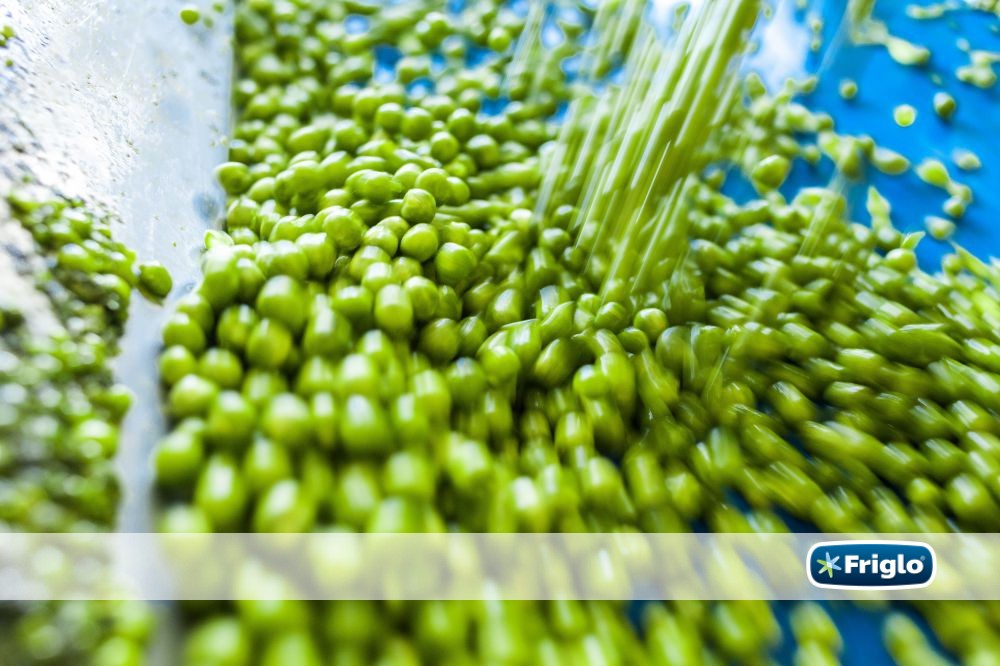Peas come to our tables in early spring, which make them a highly appreciated vegetable.
Peas are one of the most nutritious sorts of vegetables. People eat their pods and seeds, which are especially rich in proteins and minerals, due to which peas should have an important place in our diet.
This legume is a precious source of proteins, sugar and vitamins. Its green seeds contain easily digestible proteins, starch, sugar, vitamins A, B and C, iron, potassium, natrium, calcium and magnesium, as well as important amino acids such as tyrosine, cystine, lysine, histidine, arginine and tryptophan. Energy value of 100 g of young pea seeds is 68 calories. Through ripening, the quantity of proteins, fats and certain vitamins in seeds increases, while the quantity of sugar reduces.
Additionally, peas contain a lot of vitamin C - approximately 34 mg per 100 g. Their use in nutrition is various - green pea seeds can be used solely or combined with other sorts of vegetables for preparation of numerous soups, broths, pottages and as a side to other dishes.
That is why in spring peas should be more frequently present on our tables alongside other sorts of fruit and vegetables because our bodies, weakened during the winter, will be nourished with all necessary nutrients, primarily sugars, vitamins and minerals, which are so important for our bodies’ appropriate functioning and conducting everyday duties.
Storage conditions and expiration date:
- 24 months if stored below -18°C
- 30 days if stored between -12°C and -18°C
- 7 dana u slučaju čuvanja na temperaturnom days if stored between -6°C and -12°C
- 24 hours if stored between 0°C and +4°C
Cooking is obligatory before consuming.
Frozen peas should be put in boiling water and from the moment the water restarts boiling, peas should be cooked for at least 15 - 20 minutes or until gastronomic effect is reached.













